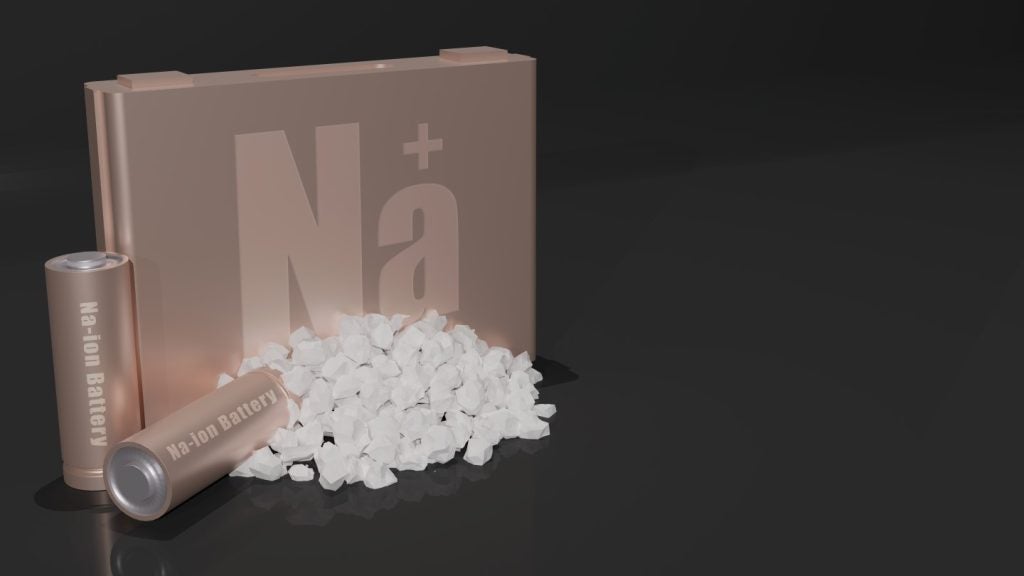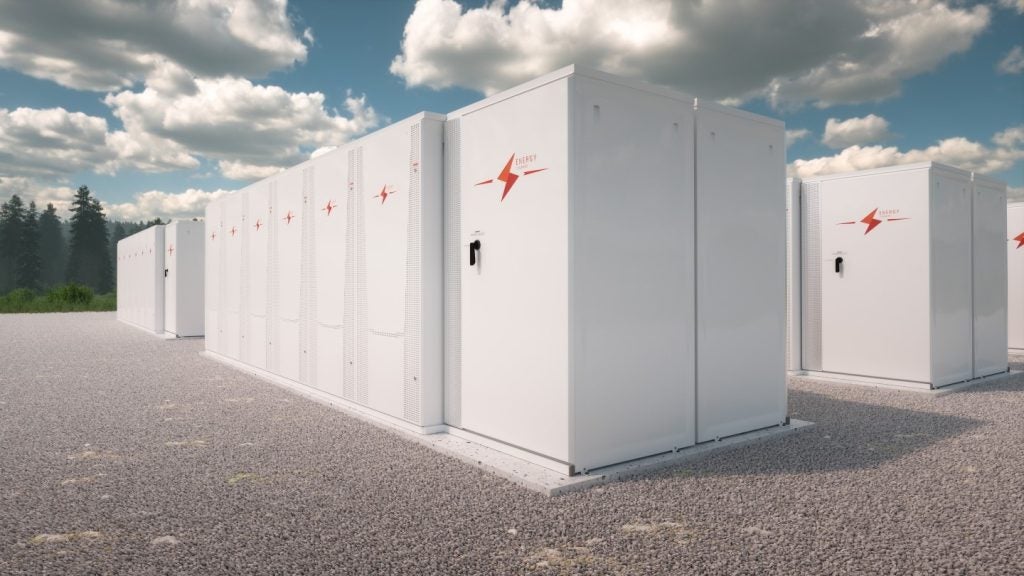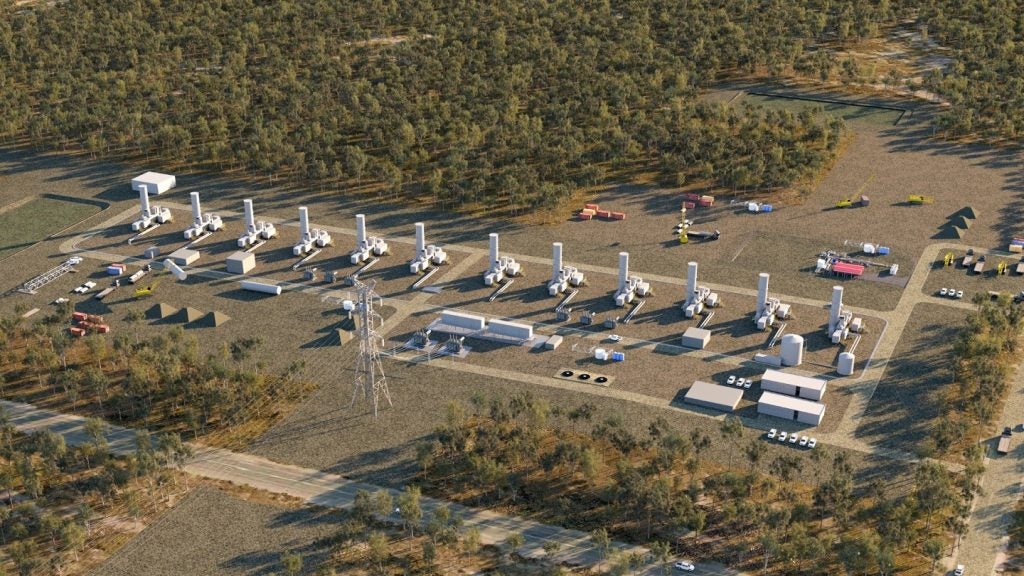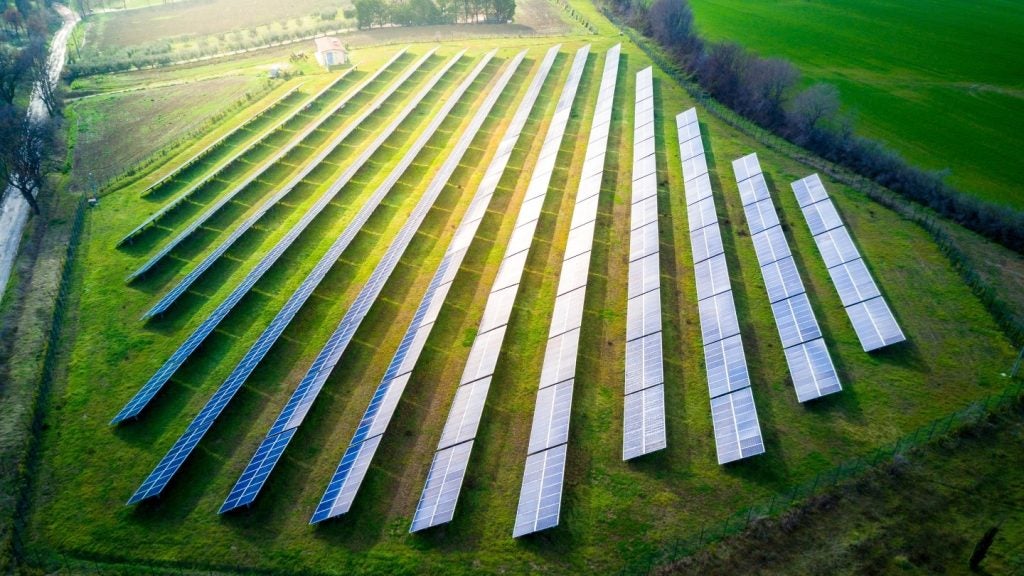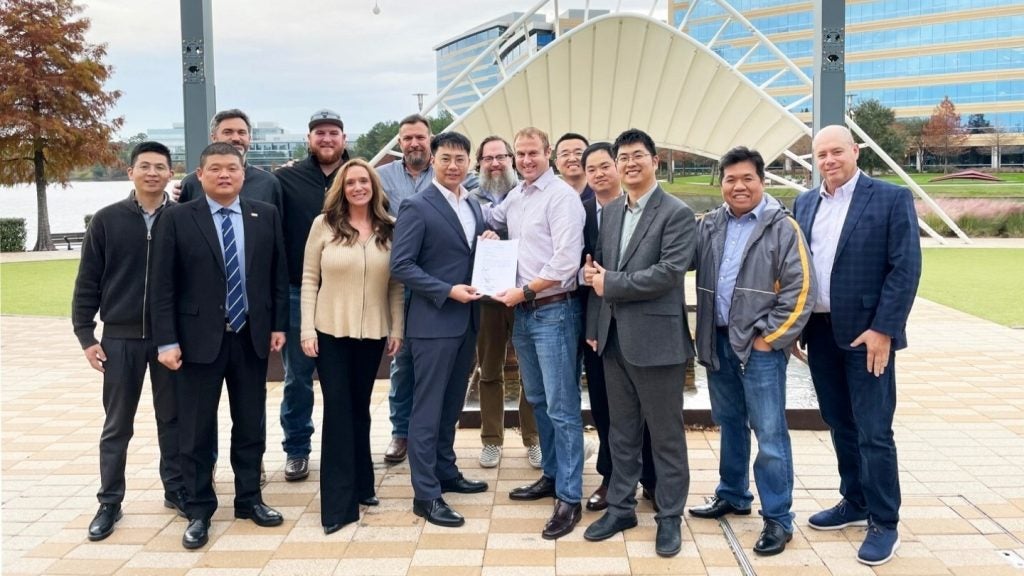Chinese automotive company BYD has started construction on new sodium-ion battery facility in Xuzhou, China, CarNewsChina.com has reported.
Being built with an investment of 10bn yuan, the new facility will have a projected annual capacity of 30 gigawatt-hours (GWh).
The batteries produced at the facility will be used for electric vehicles (EVs), particularly micro vehicles and scooters.
The ground-breaking ceremony took place on 4 January at the Xuzhou Economic and Technological Development Zone.
The facility is part of BYD's plans to diversify its energy storage solutions.
The agreement to construct the Xuzhou sodium battery plant was signed by BYD subsidiary Findreams Battery and tricycle manufacturer Huaihai Group last November in Shenzhen.
The partnership is expected to transform Xuzhou into a battery production hub and will capitalise on the suitability of sodium-ion batteries for smaller EVs.
Previously, BYD and Huaihai Group had collaborated on a standard battery facility in Xuzhou, with a focus on producing batteries with lithium iron phosphate (LFP) chemistry.
For the LFP facility occupying 310,000m², the two companies invested around 10bn yuan. It is nearing completion, with trial production scheduled for this March.
Sodium-ion batteries, often referred to as 'salt' batteries, are a cost-effective alternative to lithium-based batteries.
They eliminate the need for lithium, cobalt, or nickel. However, their lower energy density makes them more suitable for specific applications such as scooters, small cars or stationary storage.
Last March, South Korean giant LG announced plans to build a new battery manufacturing complex in the US with an investment of $5.5bn (Won7.25trn).
To be located in Queen Creek, Arizona, it will include two facilities, one for producing LFP batteries for energy storage systems, and the other to produce cylindrical batteries for EVs.


